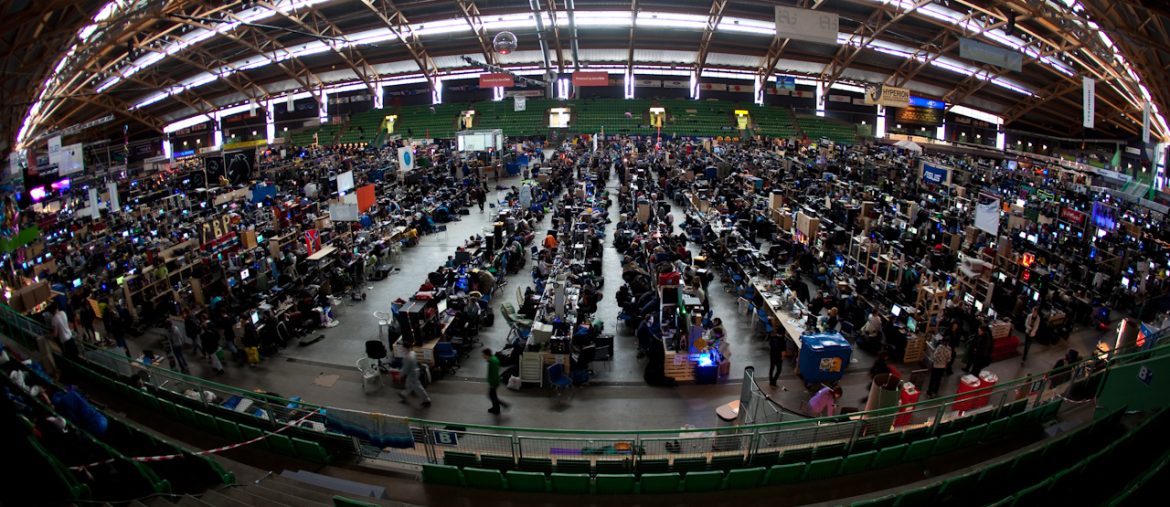

It is now late August in Kigali, the capital of Rwanda, where individuals are congregating in a spacious hall for one of Africa’s largest assemblies focused on AI and machine learning. The venue is adorned with white drapes, and a massive screen showcases videos produced with generative AI. An iconic East African folk tune by Tanzanian artist Saida Karoli fills the air.
Acquaintances exchange greetings as servers offer arrowroot snacks and sweet mocktails. A man and a woman clad in leopard-print attire sip on beer and converse; numerous women don handwoven Ethiopian dresses featuring red, yellow, and green stitching. The atmosphere is vibrant. “What I enjoy most about the Indaba are the gatherings,” remarks computer scientist Nyalleng Moorosi. Indaba translates to “gathering” in Zulu, and the Deep Learning Indaba, where we’re convening, is an annual AI summit where Africans showcase their research and innovations.
Moorosi serves as a senior researcher at the Distributed AI Research Institute and has come from the mountainous nation of Lesotho for this event. Wearing her distinctive “Mama Africa” headwrap, she navigates through the bustling hall.
Shortly after, a lively selection of Nigerian music fills the speakers. Spontaneously, attendees rise and converge around the stage, waving flags from various African countries. Moorosi chuckles as she observes. “The energy at the Indaba—the sense of community—is incredibly strong,” she states, applauding.
Moorosi is among the founding members of the Deep Learning Indaba, which started in 2017 with a core group of 300 individuals gathered in Johannesburg, South Africa. Over the years, this event has evolved into a prominent pan-African initiative, boasting local chapters in 50 nations.
This year, nearly 3,000 individuals applied to participate in the Indaba; around 1,300 were admitted. Most participants come from English-speaking African countries, but this year I noticed a new wave of applicants from Chad, Cameroon, the Democratic Republic of Congo, South Sudan, and Sudan.
Moorosi shares that the primary “goal” for many attendees is securing a job with a tech firm or gaining admission into a PhD program. Indeed, the organizations present at the event include Microsoft Research’s AI for Good Lab, Google, the Mastercard Foundation, and the Mila–Quebec AI Institute. However, she aspires to see more locally-driven enterprises creating opportunities within Africa.
On the final day of the Indaba, I inquire about Moorosi’s aspirations for the future of AI in Africa. “I envision African industries embracing AI products developed in Africa,” she replies after a contemplative pause. “We must exhibit our achievements to the global audience.”
Abdullahi Tsanni is a science writer located in Senegal, concentrating on narrative features.

